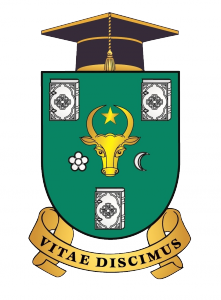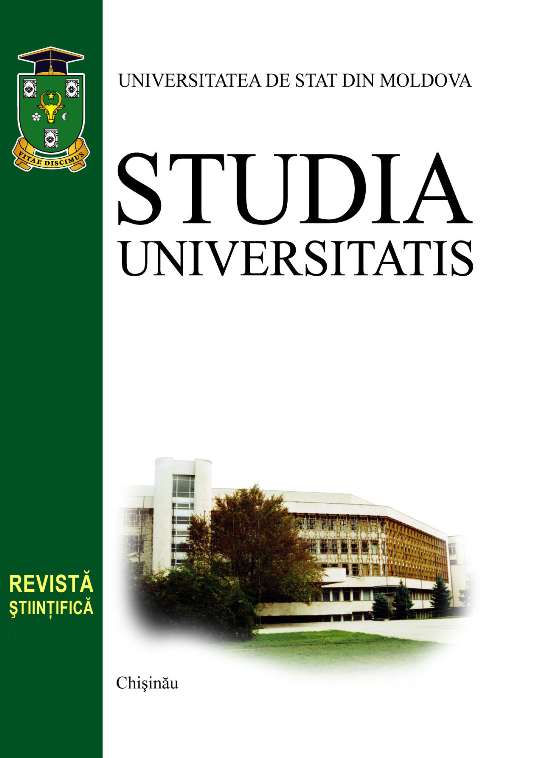INFLUENŢA MASELOR ASUPRA PROCESULUI POLITIC ÎN CONTEXTUL TRANSFORMĂRILOR DEMOCRATICE (CAZUL REPUBLICII MOLDOVA)
Elena CAMENŞCIC Catedra Ştiinţe Politice şi Educaţie Civică
Rezumat
A large majority of the ex-socialist republics, nowadays states, are in a precarious situation, without a well defined future, so that the problem of the masses’ phenomenon study seems to be necessary and have a pragmatic character. It means, that this study is focused on the three-dimensional research of the correlation „masses-political process-democratic changes” in the post-totalitarian relationship context. Thus, there is suggested an exhausting research, which purpose is to evidence the general features of the masses from the ex- Soviet area, as well the deduction of the unique and particular features peculiar to the Moldovan masses. It’s also trying to give a definition to the political transition process of the Moldovan type, as it is observed a specific dynamic of this process in Republic of Moldova during the transition period. Or, the correlation between the nature of the democratic transformation and the political process development is a direct and a definitive one. So, the impact of the masses’ influence on the political process within the democratic transformation context in Republic of Moldova is a contradictory one, as the masses are passive, are absentee and indifferent to the political life of the state. Drawing an inference, the results of this research are as follows: -the masses in Republic of Moldova are not well involved in the political domain, because of the most socio-economic problems they are disturbed; -the lack of the civil society let the masses, being dispersed and bad organized, neither be able to have an influence on, nor to control the political process; -the imprints of the mentality and the political culture peculiar to the individuals „Homo Sovieticus” prevail over the fragile mentality of the Moldovan masses; -the post-communist political class is not a qualitative and professional one and it’s not purposing the achievement of the national interests; this fact is reflected by the political institutions’ distrust of the masses. Thus, we can say that the political relations in the country point out the absolute lack of a dialog between the masses and the political pick, this pick being the one who is leading the political process and the democratic transformations in Republic of Moldova.


